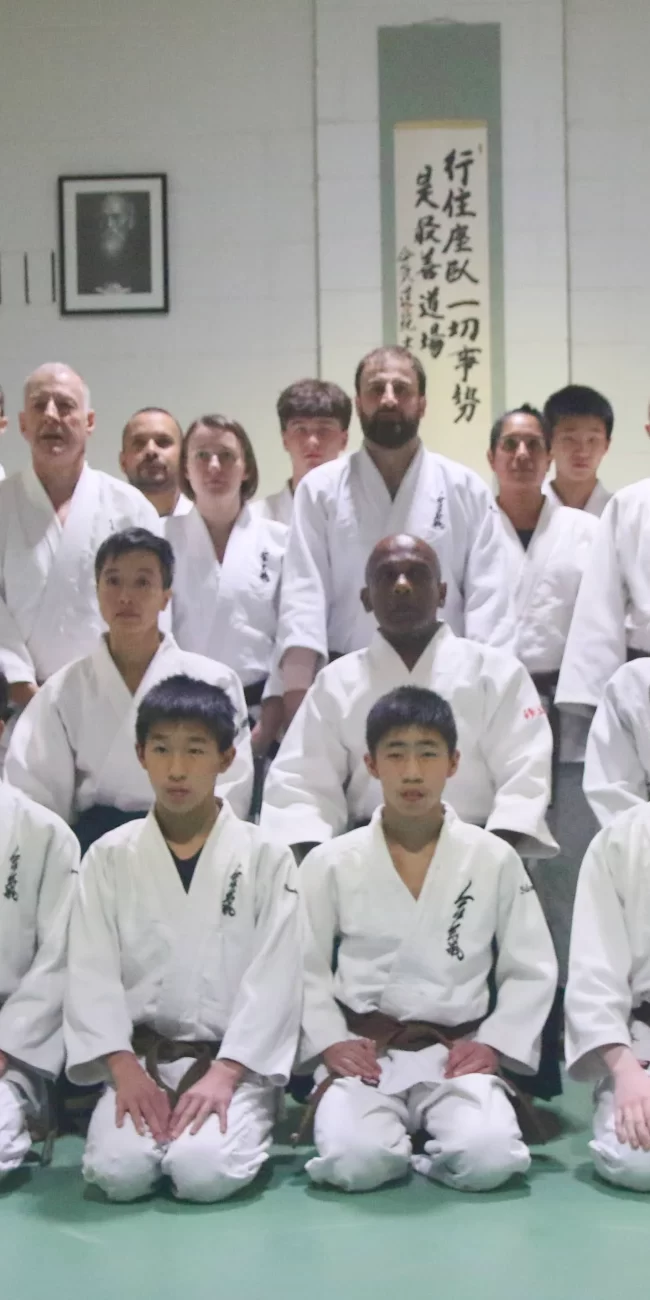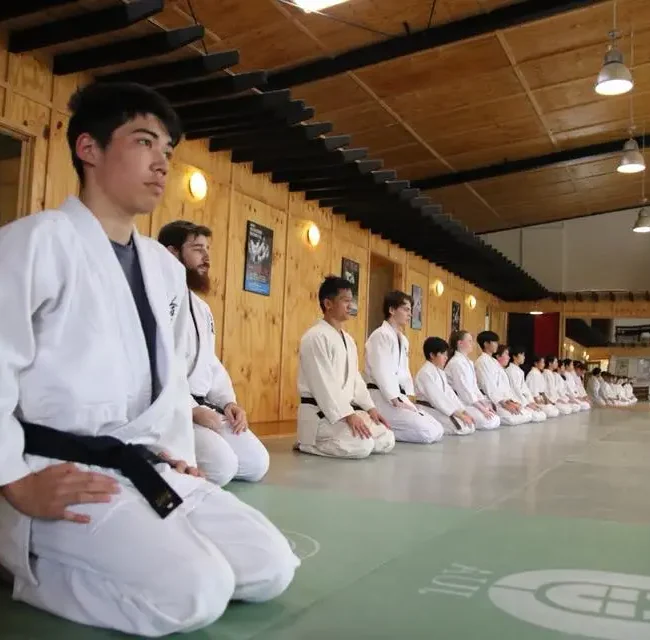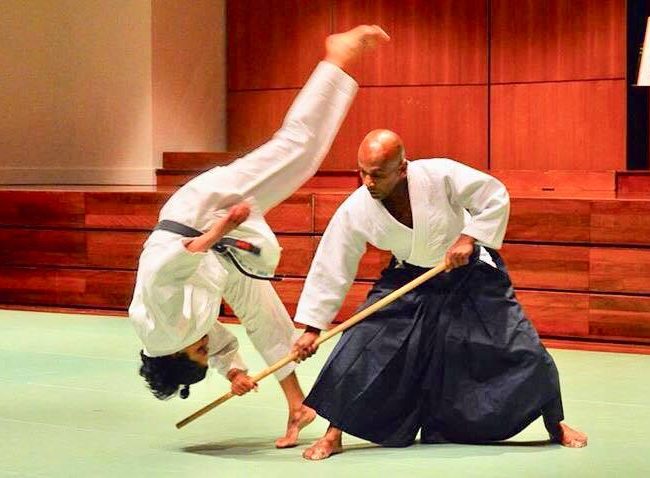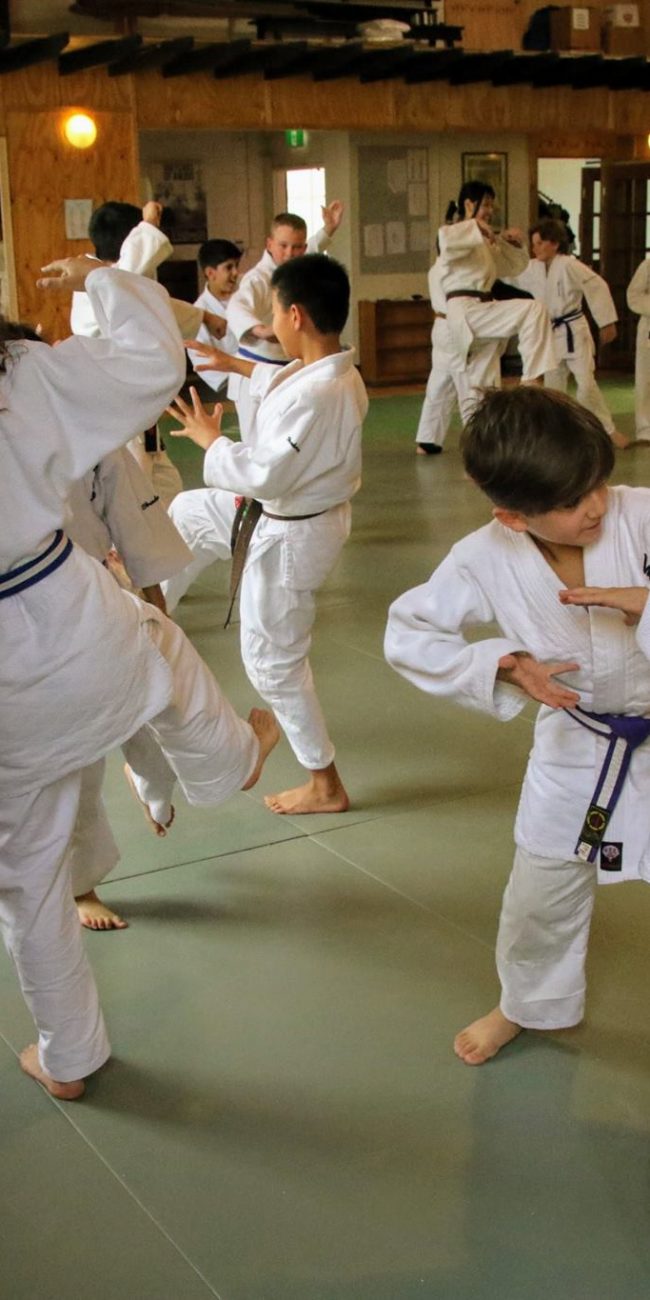
Aikido, a traditional Japanese martial art, offers a unique approach to self-defense that emphasizes harmony, fluidity, and the unity of mind, body, and spirit. With its gentle yet effective techniques, Aikido provides practitioners with not only physical skills but also mental and emotional growth. In this article, we will explore the world of Aikido, focusing specifically on adults in Melbourne who wish to embark on a journey of self-discovery and personal development through this martial art.
Understanding Aikido: A Holistic Martial Art
Aikido is often referred to as a holistic martial art because it encompasses not only physical techniques but also mental and spiritual aspects. Developed by Morihei Ueshiba in the early 20th century, Aikido incorporates circular movements, blending with an opponent’s energy, and redirecting it to achieve control without causing harm. Unlike other martial arts that prioritize aggression and competition, Aikido promotes non-resistance and the peaceful resolution of conflicts.
Aikido Techniques and Principles
Aikido techniques consist of joint locks, throws, and pins that allow practitioners to neutralize an attacker’s force while preserving their own well-being. By blending with an opponent’s movements and redirecting their energy, Aikido practitioners can effectively subdue even larger and stronger attackers. Key principles in Aikido include maintaining center, flowing movements, and the cultivation of a relaxed mind and body.
Benefits of Practicing Aikido
Practicing Aikido offers a multitude of benefits for adults. Firstly, Aikido enhances physical fitness, strength, flexibility, and coordination. Regular training improves cardiovascular health and promotes weight loss. Secondly, Aikido cultivates mental discipline, focus, and resilience, enhancing stress management and overall well-being. Thirdly, Aikido fosters self-confidence, self-awareness, and emotional intelligence, empowering practitioners to handle conflicts peacefully and assertively.
Aikido Classes for Adults: What to Expect
A typical Aikido class for adults begins with warm-up exercises to prepare the body for training. The instructor then guides students through fundamental Aikido techniques, including strikes, rolls, and throws. Students practice these techniques both individually and in pairs, gradually progressing to more advanced levels. Aikido classes also incorporate meditation and breathing exercises to cultivate mindfulness and inner harmony.
Overcoming Challenges in Aikido Training
Like any martial art, Aikido presents its own set of challenges. Learning the intricate movements and principles of Aikido requires dedication, patience, and persistence. It is common for beginners to feel overwhelmed or frustrated during the early stages of training. However, with regular practice and the guidance of experienced instructors, individuals can overcome these challenges and experience personal growth both on and off the mat.
Aikido and Mindfulness: Cultivating Inner Harmony
Aikido and mindfulness are deeply interconnected. Aikido training encourages practitioners to be fully present, focusing on the sensations, movements, and energies within their bodies and the surrounding environment. By cultivating mindfulness, Aikido practitioners develop a deep sense of inner harmony and learn to respond to situations with clarity and compassion. The principles of Aikido can be applied to daily life, promoting a more balanced and peaceful existence.
Aikido Training for Mental and Physical Well-being
Beyond self-defense, Aikido training offers numerous benefits for mental and physical well-being. Regular practice enhances concentration, memory, and cognitive function. It promotes emotional stability, reducing anxiety, and depression. Physically, Aikido training improves balance, posture, and overall body awareness. The holistic nature of Aikido contributes to a healthier and more fulfilled life.
Frequently Asked Questions (FAQs)
1. Is Aikido suitable for people of all ages?
Yes, Aikido is suitable for people of all ages, including adults. It can be practiced by individuals with varying levels of physical fitness and prior martial arts experience.
2. Are there any competitive aspects in Aikido?
Unlike some other martial arts, Aikido does not involve competitive tournaments or matches. It focuses on self-improvement, personal growth, and the harmonization of mind, body, and spirit.
3. How long does it take to become proficient in Aikido?
The time required to become proficient in Aikido varies for each individual. It depends on factors such as dedication, consistency of practice, natural aptitude, and prior martial arts experience. Generally, it takes several years of regular training to develop a solid foundation in Aikido.
Conclusion
Aikido classes for adults in Melbourne offers a path to self-discovery, personal growth, and holistic well-being. By combining physical techniques, mental discipline, and spiritual principles, Aikido cultivates harmony and unity within individuals. Through regular training in a reputable Aikido dojo, adults can enhance their physical fitness, mental resilience, and emotional intelligence. Embracing the philosophy of Aikido, practitioners develop a profound connection between mind, body, and spirit, enriching their lives on and off the mat.





